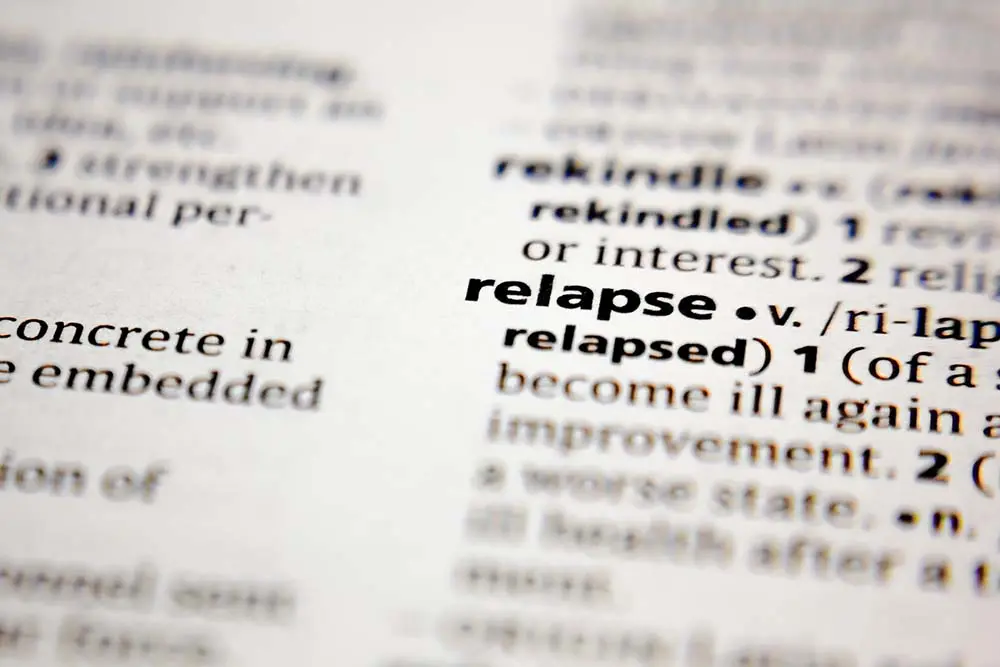Exercise is important for more than just your physical health. Drug and/or alcohol use changes your brain chemistry and disrupts the brain’s reward pathway. When it becomes a dependency, it alters the neurotransmitters in your brain that allow you to experience positive feelings like pleasure. Because of this, people with substance use disorders often feel depressed, unmotivated, and have an overall low mood when they are going through recovery and abstaining from using substances.
Although recovery is no easy journey, there are fortunately a few habits you can put in place that may ease negative feelings. By making an effort to be more active, you can see a change in your mental health and recovery. Additionally, recovery is often a time in which people with substance use disorder feel helpless or like they lack control over their bodies. Fitness can be extremely grounding and help people feel like they can make an active difference in their journey to recovery.
It can be difficult to get started exercising, but just 30 minutes a day could change your life forever!
Being active helps you experience deeper sleep at night, which can have a huge impact on your addiction recovery.
Research has shown that people who exercise during the day have a significantly easier time falling asleep than people who don’t exercise at all. Proper sleep is essential for ensuring your brain can function effectively each day.
Feeling well-rested can mean the difference between a good day and a bad one. Deeper sleep allows your body time to heal physically and recover from a stressful or painful day. Medical professionals recommend that adults get between 7 and 9 hours of sleep a night to stay healthy. A good night’s sleep will likely allow you to wake up the next morning with a clear head, and exercising during the day is the perfect way to achieve this!
During recovery, it is very common to feel stressed or anxious about the future or your current state. Fitness can help relieve stress that may be weighing on your mind, and by extension, your body. The improvement in sleep quality due to exercise also contributes to reducing the amount of cortisol, the “stress hormone”, your body makes.
When exercising, your body also releases “feel-good neurotransmitters”, or endorphins, in your brain. These endorphins are what create what is commonly referred to as a “runner’s high”, otherwise referring to the increase in positive emotions felt during and after moderate exercise.
The mental and physical health benefits of exercise mean that it is also a good tool for coping and treating co-occurring disorders, from depression to chronic pain. One research study concluded that light exercise not only decreased symptoms of depression and anxiety in sufferers during their participation in a 12-week aerobic exercise program but that their happier and calmer moods persisted up to 12 months after.
Similar research also found that regular light-intensity aerobic exercise can lower blood pressure and triglyceride levels, thus reducing your risk for high cholesterol and cardiovascular diseases. You already have a lot on your plate with your recovery—it’s best to reduce the risk of other factors that could give you more to deal with.
With all the patience and hard work you are putting into substance use recovery, you may be feeling a bit burnt out and low. Quitting substances can initially affect your dopamine levels (the brain’s “happy chemical). However, you can still experience a boost of dopamine and positive moods during recovery through regular exercise. Whether you’re building muscle strength through weightlifting or cardiovascular endurance through running, fitness routines trigger the release of regenerative proteins that help repair oxidative damage in your brain. This combination of physical and neurological benefits makes exercise the perfect boost you need for a happier mood and a more alert mind.
Research has shown that people in recovery who exercise regularly are more likely to abstain from substance use for longer periods than those who do not exercise. This is because exercise can act as a distraction or a “healthier craving”.
When someone becomes immersed in their fitness routine of choice, it can take their mind away from thoughts about cravings. A powerful way to reduce cravings is to simply delay them by doing something else. Many times, this delay helps the craving to simply pass.
Forming new healthy habits after treatment for substance use disorders can be difficult. This is especially true for people who had just been released from inpatient recovery programs and now feel as though they are “on their own” in their decision-making. Professionals have addressed that creating structured fitness routines helps reduce temptations to return to unhealthy habits.

Exercise doesn’t have to be complicated. Creating an exercise routine can take time and practice. Starting small with a combination of light cardio and resistance training is always a good way to ease yourself into the process. Try short exercise routines at first—just 10-15 minutes a day can still hold positive results. Then, if you find that exercise is enjoyable and effective, you can work your way up to longer or more difficult routines. Here are a few exercises that are especially beneficial for mental wellness and relapse prevention:
Recovery isn’t an easy journey, but there are ways to make it better. When you’re feeling stressed or sad or are experiencing intense cravings, incorporating daily exercise can be an incredible help in addition to ongoing professional treatment.
How do I balance exercise with my addiction treatment programs?
Many addiction treatment programs actually incorporate exercise as part of a holistic recovery approach. Work with your treatment team to develop an exercise plan that complements your medication-assisted treatment and other therapies. Start gradually and adjust your fitness routine based on your energy levels and treatment schedule.
Is intense exercise safe during early recovery?
While exercise is beneficial, it’s important to start slowly. Intense exercise should only be introduced gradually and under medical supervision, especially if you’re participating in medication-assisted treatment or other psychotherapeutic treatments. Begin with moderate activities and progressively increase intensity as your strength and stamina improve.
Can exercise replace my regular recovery groups?
No, exercise should complement, not replace, your recovery groups and other treatment components. While physical activity offers numerous benefits, it is most effective when combined with a comprehensive recovery plan that includes professional support, therapy, and peer support through recovery groups. Think of exercise as one important tool in your recovery toolkit.
Eleanor Health is here to help you build your confidence and momentum towards the future you want. We provide treatment services for adults with alcohol, opioid, and other substance use disorders. We are currently located in Louisiana, Massachusetts, North Carolina, New Jersey, Ohio, and Washington.
 What Is Whole Person Care?
What Is Whole Person Care?
 The Importance of Gratitude in Addiction Recovery
The Importance of Gratitude in Addiction Recovery
 Addiction Relapse: Why It Happens & How to Prevent It
Addiction Relapse: Why It Happens & How to Prevent It